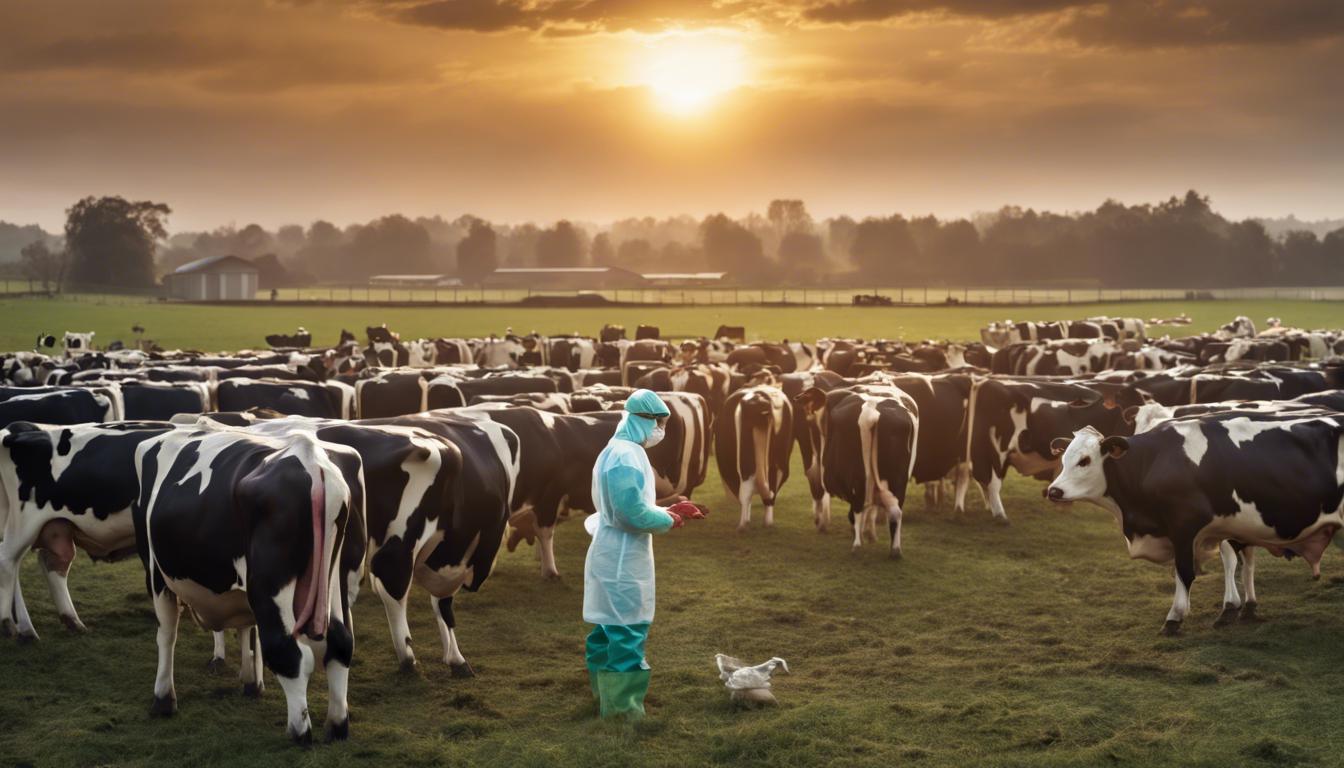A dairy worker in Texas has been diagnosed with avian influenza, marking the second human case of the virus in the U.S., amid ongoing concerns over its spread among animals and potential mutation.
A dairy worker in Texas has been diagnosed with the avian influenza virus, also known as bird flu, making this the second recorded human case of the virus in the United States. The diagnosis was confirmed after the individual came into contact with cows that had been infected with the virus. Health officials have reported that the person is currently being treated with antiviral medication, oseltamivir, and is experiencing mild symptoms, including eye redness.
The diagnosis follows recent reports of bird flu cases in dairy cows located in Texas, Kansas, and Michigan, with Michigan receiving cows from Texas. This cross-species transmission highlights the virus’s global reach, affecting various mammal species in addition to birds. Despite these developments, health authorities have reassured the public that the risk of bird flu transmission to humans remains low, noting no detected mutations in the virus that would suggest an increased risk of transmissibility among humans. They also confirmed that pasteurised milk does not pose a risk of transmitting the disease.
The World Health Organization has documented 887 human cases of avian flu worldwide since 2003, resulting in 462 fatalities. The prior U.S. case occurred in Colorado in 2022, involving a prison inmate who contracted the virus after handling infected birds.
The ongoing outbreak, which began in 2020, has seen a severe impact on both wild and captive bird populations across continents, as well as fatalities among humans. Health agencies are closely monitoring the situation, focusing on containment measures and the prevention of further spread among humans. Scientists caution about the potential for a future human pandemic originating from bird flu, given its capacity for mutation within animal hosts.













